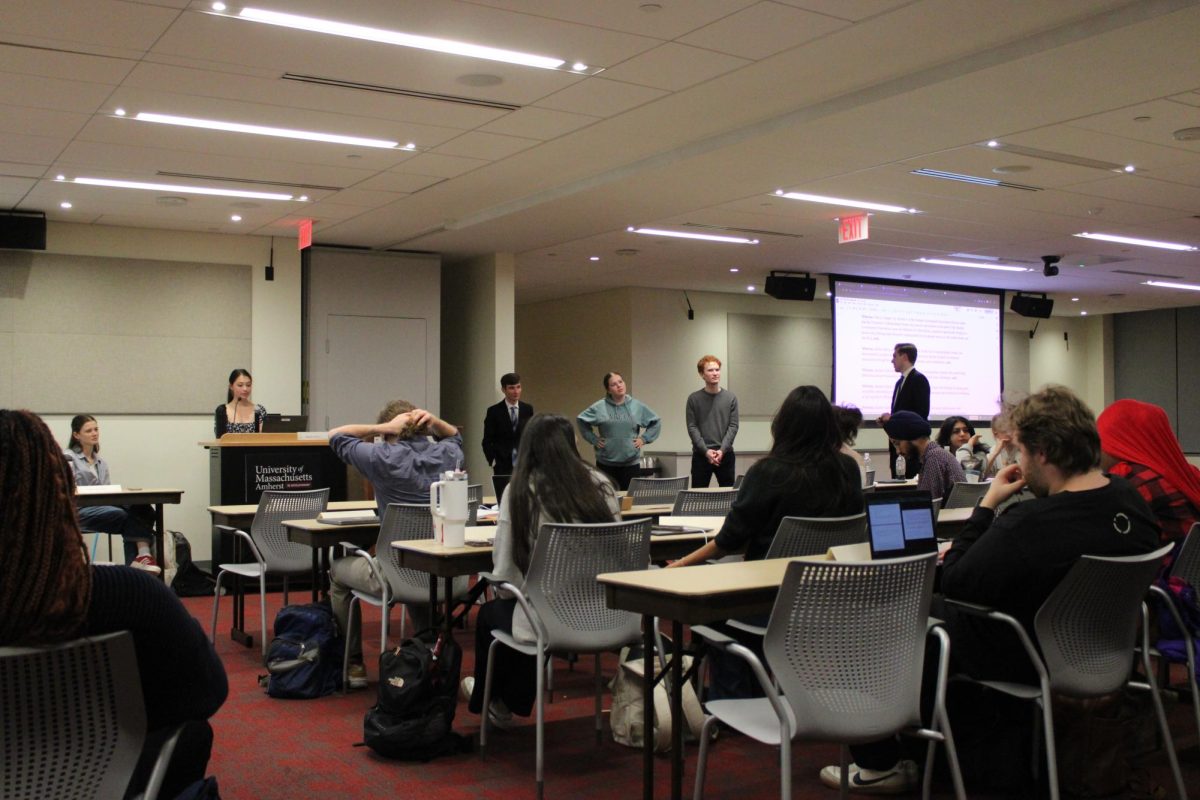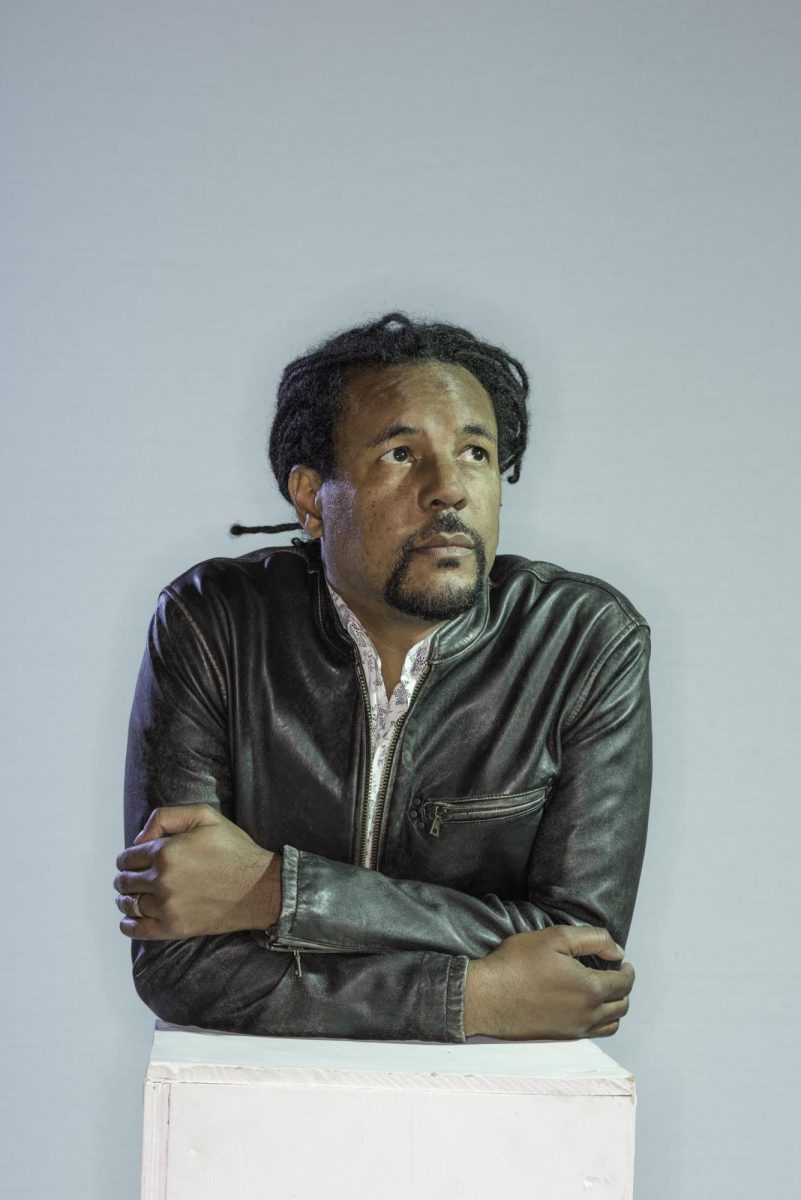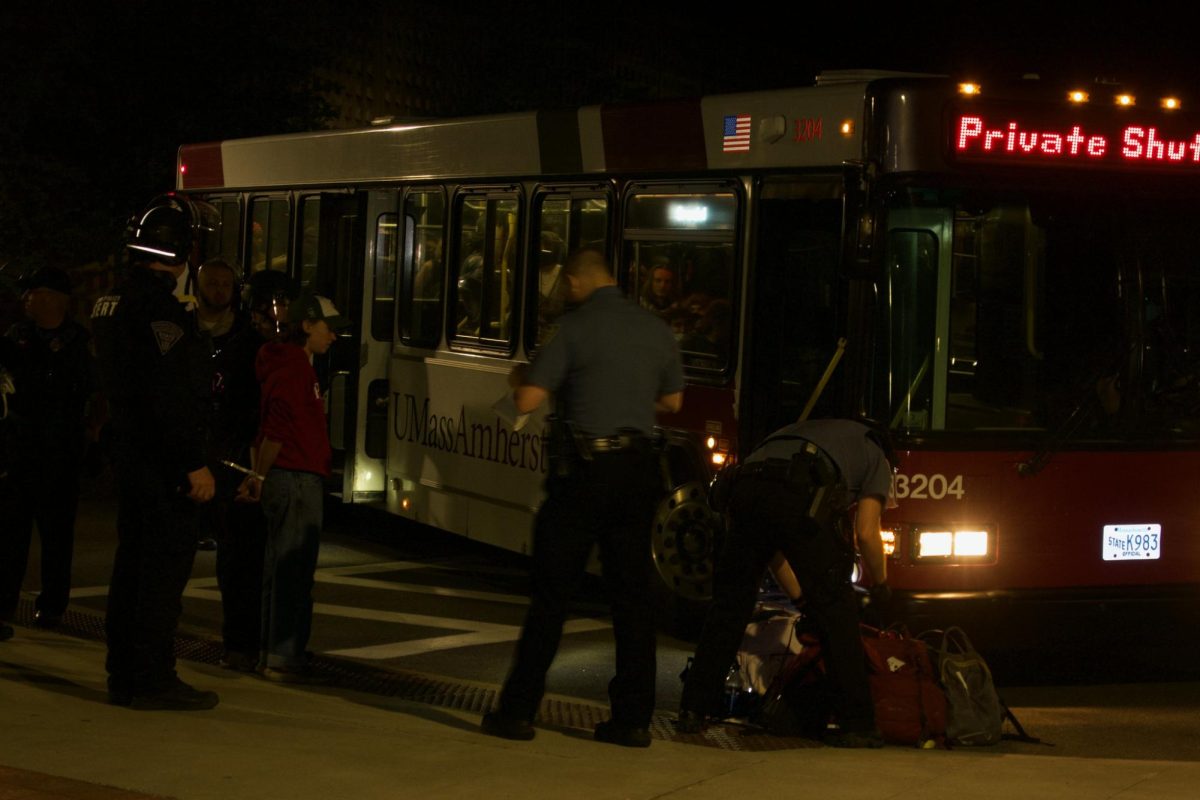“…It’s better to burn out than to fade away.”
– Kurt Cobain, last words
“Kurt’s dead, man! They think he killed himself!” I can still remember how my friend Bruce just blurted this out to me when I picked up the phone on a sunny day in April.
I didn’t even tell my parents. I couldn’t. They wouldn’t have understood. It wasn’t any ordinary guy sprawled on the floor of his garage, gun in hand. It was a man who had given meaning to a generation of adolescents, those who had fallen through the cracks of the American standard of normality.
It’s hard to believe it’s already been 10 years since Kurt Cobain ended his life at the age of 27. I was only 13 years old then, but still, I remember it like it was yesterday. And with the bittersweet memories I have of Kurt come the memories of a generation meticulously molded in his image, my generation.
We had long, unwashed hair, dyed every color of the spectrum. We had piercings hidden from our parents. Some of us already had tattoos. We wore long underwear under our torn jeans and rock n’ roll shirts. We spent the days smoking marijuana and firing air rifles from rooftops, always aiming for the most expensive car we could find.
Some of us had dysfunctional families. Some were poor; some had it even worse. And Kurt’s cult of personality was the only direction we had in our myopic world.
We’d go to school, only to be harassed and looked down upon. Nobody understood us. All they understood was that we were different, and different was wrong. We couldn’t dance. We didn’t keep up with the latest trends; we weren’t attractive, and worst of all, we listened to “music for faggots,” as they used to tell me.
Sometimes, all a kid had to look forward to was the end of the week, when he could forget about the American Schutzstaffeln-yuden for some time and go destroy some stolen textbooks, all to the screech of “Scentless Apprentice.”
We tried writing our own music, which would be played on a $150 Fender Strat-Squire, always lacking the magic touch that only a depressed man from Seattle apparently had. We’d call our ill-fated garage bands names like “The Lizard Kings,” “Spork” or “Torrance” (after the psychotic father in “The Shining”).
Nirvana became its own country – an inner utopia, pushing away a world where we were told we had it good, but knew we had it bad. Our creed was printed on the inner cover of Nirvana albums and our salute was a middle finger. When Kurt died, it was as if this whole world was made of glass all along.
Within hours of finding his body, thousands of fans poured onto his Seattle property. I remember how I wished I was one of them. There were obvious signs of distress – a mixture of sadness and hysteria – as many lost the only person in the world to whom they could relate.
Some of us even played with the idea that all of this was a joke, that he would come out on stage and … no, no, it was real, all real and the first time someone ever drove home a sense of mortality in me.
Sometimes I would lay awake at night and wonder about the feeling someone got out of putting a shotgun to his face, fully intent on pulling the trigger. I could never conceive of it. It was too haunting.
It’s hard for most people to conceive of the pain of someone who believes that pulling a trigger and falling to oblivion is the only possible way out. And so, problems like depression and suicide are still swept under the rug in a society where being openly miserable is deemed inappropriate.
“Suicide is sin,” is what some people like to say, but sometimes, eternity in Hell is a minor risk of escaping the pain that many people feel. Kurt’s life and death will always hold that meaning to me.
It means that even in the “greatest country on earth,” there are people who, punished by the social vigilantism of corporate culture, still cry themselves to sleep at night, lonely people with grim thoughts about the future.
What would I say if I had the chance to talk Kurt out of what he was doing? Would I? Maybe he knew more than I did that he was better off where he was going. Maybe if he weren’t alone, he would have changed his mind.
“Think about your daughter,” I probably would have said. “She has your eyes, dude.”
Mark Ostroff is a Collegian columnist.






